
A real estate broker checks a foreclosed California home for damage and missing appliances in a May 2008 photo.
REUTERS/Robert Galbraith
CAPE CORAL, Florida (Reuters) – Long before she filed for bankruptcy, Ann Neukomm was “under water” — she owed more on her mortgage than her house was worth — a situation more and more Americans are finding themselves in.
As the financial crisis hits Main Street America, nearly one in six U.S. homeowners are finding themselves in the same position, threatening the U.S. economy with a new wave of foreclosures and bankruptcies.
About 12 million U.S. homeowners owe more than their homes are worth, compared with 6.6 million at the end of last year and slightly more than 3 million at the close of 2006, said Mark Zandi, chief economist at Moody’s Economy.com.
“At the root it’s ‘the’ problem,” said Zandi. “If you’re going to put your finger on the one thing that’s gotten us into this fiasco, it’s the fact that millions of homeowners are under water on their homes.”
If, like Neukomm, these homeowners go into foreclosure, it would add to the oversupply of homes, delay a recovery in the housing market, and add to pressure on banks.
Already, U.S. consumer spending is slumping as homeowners find they can no longer take equity out of their homes to fund their lifestyles.
In a slowing economy, it doesn’t take much to push an underwater mortgage into default.
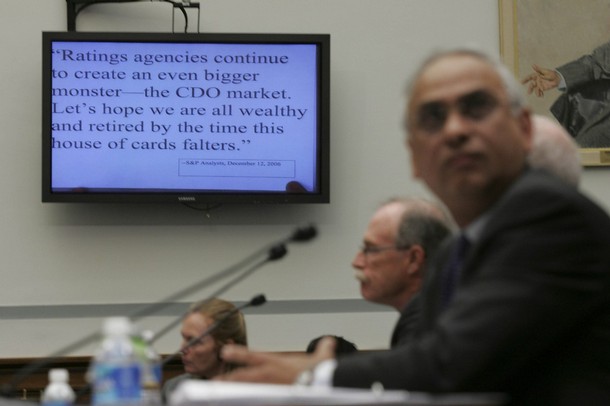
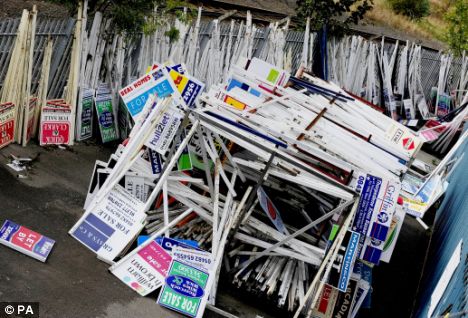
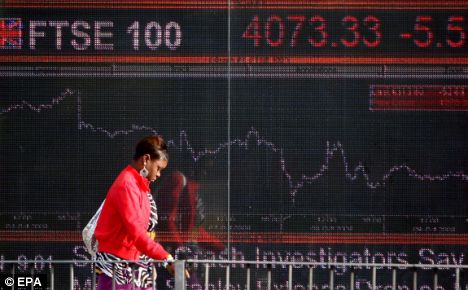



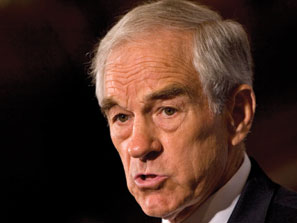
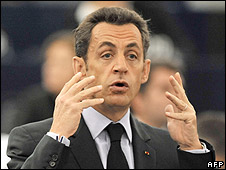 Mr Sarkozy is steering the EU presidency until January
Mr Sarkozy is steering the EU presidency until January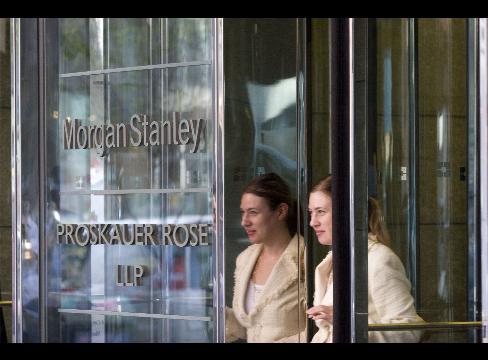

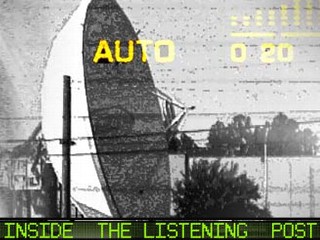

![[general motors headquarters]](http://s.wsj.net/public/resources/images/OB-CN503_Genera_D_20081019232002.jpg)